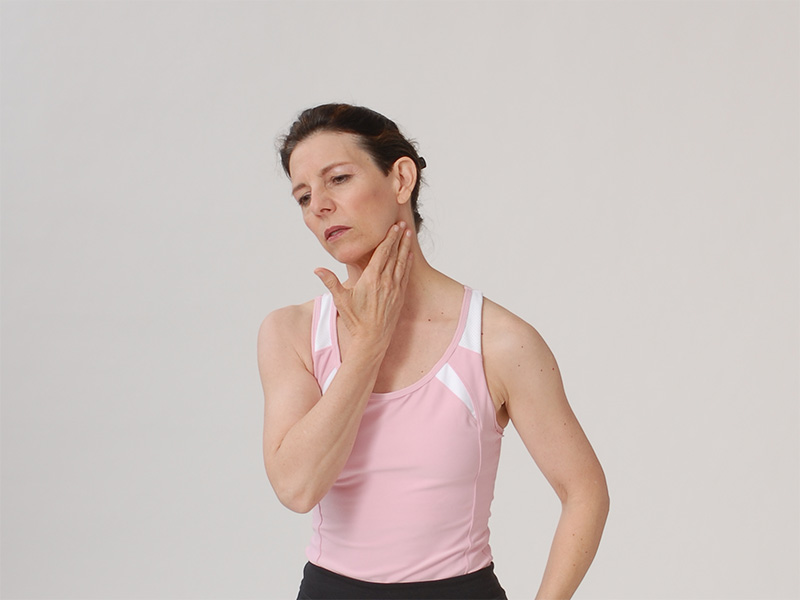Did you know that the head and neck feature in many of our clients’ issues? A fragile area by nature, clients with jaw issues, headaches, sacral imbalances as well as spinal asymmetry and foot problems can likely trace their lack of Pilates progress and distress or discomfort to this vital area. Learn fascial and motor control strategies that allow progression to more advanced Pilates vocabulary and open avenues of alleviation for stubborn “benign” symptoms.
This course is a bundle offering the best of self-study in combination with live interactive sessions. It consists of 2 parts: Part 1. distance learning/ self-study and Part 2. Live Zoom Interactive Sessions. Part 1 consists of pre-recorded lectures and reading in preparation for the live sessions, while allowing additional access for review time after the live sessions.
Objectives:
At the end of this course, learners will
- Learn essential anatomy and fascial systems involved with the head and neck
- Gain better understanding of resting jaw, and tongue postures.
- Better understanding of concussions, sleep apnea, and tempero-mandibular weakness
- Learn fascial exercises for coordination and self-relief of the jaw and facial muscles
- Learn exercises related to fascial neck gliding to promote mobility and range of motion
- Learn Pilates environment (props and equipment) strategies and exercises to develop stability and strength
Course Outline
Part 1. Pre-recorded Lecture: 2 hours
- Anatomy of the head neck and pelvic core
- Common issues of the head and neck in the Pilates teaching environment
- How to assess the common issues
- Addressing client short- and long-term goals
- Principles of integration for the head and neck to the pelvic core
- Exercises using mat, props and equipment in the Pilates Environment
Part 2. Live Zoom LAB 1: 2 hours
- Surface to deep anatomy.
- Self-assessment via surface anatomy, breath, and sound.
- Diaphragm exploration: separated to integrated.
Live Zoom LAB 2: 2 hours
- Neurodevelopmental Mat exercises
- Equipment integration
- Standing
- Balance- Static centering
- Dynamic integration


